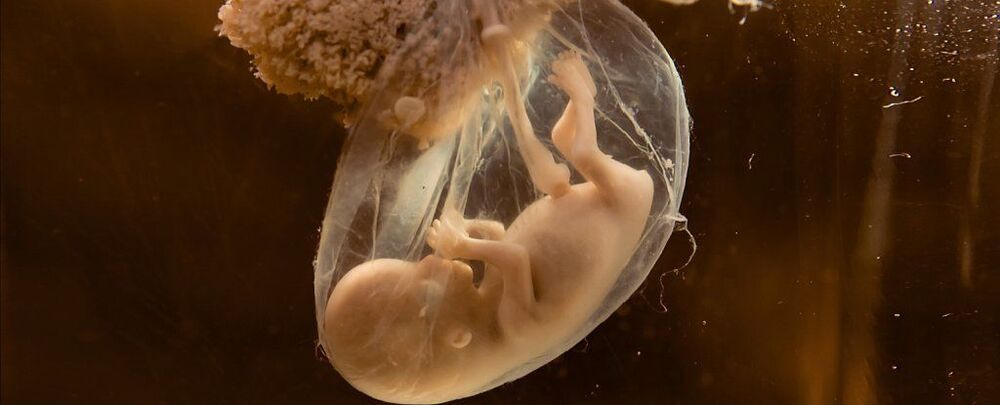Facebook says that political content currently constitutes only 6% of what people see on the platform. It will begin running experiments to reduce that amount for a small percentage of people in Canada, Brazil and Indonesia immediately, with tests in the U.S. in weeks to come.
The company said it isn’t removing political content but rather exploring ways to reduce the exposure for users who would prefer not to see it. In practice, that means Facebook will still allow users to post about politics and argue among friends, but its algorithms will de-prioritize those conversations and spread them less widely across the network.
Facebook says it is beginning to reduce how much political content users see on its main platform, potentially diminishing the role that the world’s largest social network plays in elections and civil discourse more broadly.







